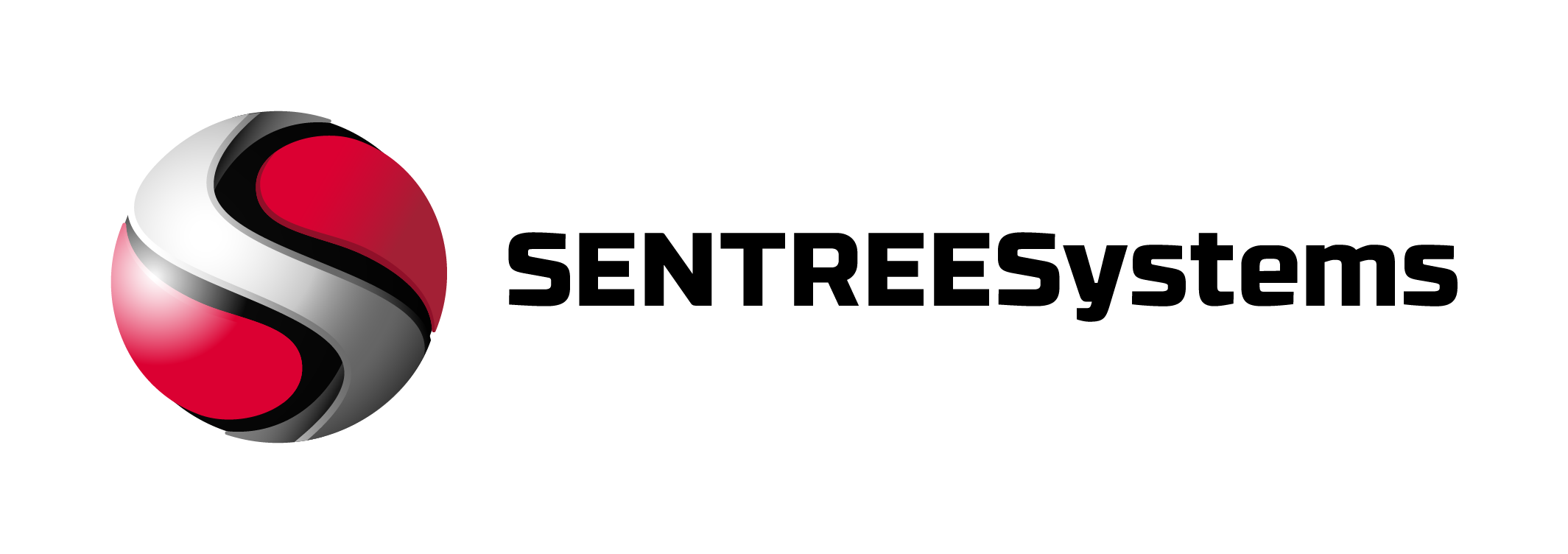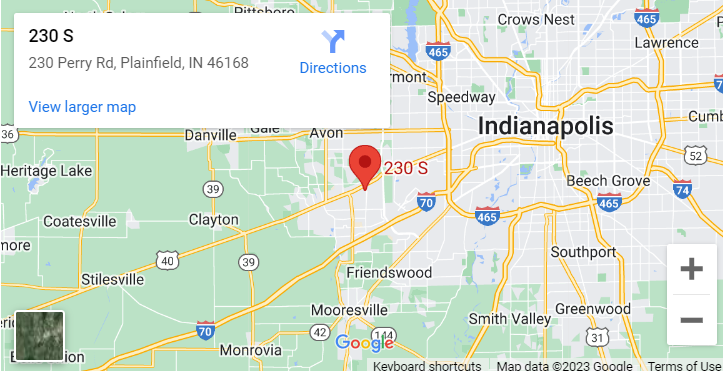Defining a managed firewall
A firewall is a network security system that monitors and controls the incoming and outgoing network traffic based on predetermined security rules. A managed firewall is a type of firewall that is monitored and managed by a third-party service provider.
Managed firewalls provide an extra layer of protection for businesses by constantly monitoring activity and identifying potential threats. They can also be customized to fit the specific needs of a business, which makes them more effective than personal firewalls.
Overall, managed firewalls are a great way to keep your business safe from online threats. If you’re looking for an added layer of security, consider investing in a managed firewall solution.
What are some of the main features of a firewall?
A firewall is a network security system that monitors and controls the incoming and outgoing network traffic based on predetermined security rules. A firewall typically consists of hardware and software components that work together to filter traffic and protect the network.
The main features of a typical firewall include:
– filtering: only allowing certain types of traffic through the firewall.
– logging: tracking all traffic that passes through the firewall.
– intrusion detection: identifying and responding to suspicious or malicious activity.
– user authentication: verifying the identity of users before allowing them access to the network.
Firewalls are typically placed at network boundaries, where the network meets another network or the internet.
It is possible to install a firewall on the same computer as an operating system, but it is more common to install a firewall on its own dedicated computer.

What is a managed firewall?
A firewall is a network security system that monitors, and controls incoming and outgoing network traffic based on predetermined security rules. A firewall typically establishes a barrier between a trusted internal network and untrusted external network, such as the Internet.
A managed firewall is a type of firewall that is managed by a third-party service provider. The service provider configures and maintains the firewall rules on behalf of the customer. Managed firewalls are often used by small businesses and organizations that do not have in-house resources to manage their own network security.
The benefits of a managed firewall
A managed firewall is a type of security system that provides a first line of defense against cyber-attacks. Managed firewalls are often used by businesses and organizations to protect their networks from external threats.
There are several benefits to using a managed firewall, including:
1. Increased security: A managed firewall can help to block malicious traffic and prevent unauthorized access to your network. This can help to keep your data safe from hackers and other cyber criminals.
2. Improved performance: A managed firewall can also help to improve the performance of your network by blocking unwanted traffic and optimizing the flow of data. This can help to increase productivity and efficiency.
3. peace of mind: When you use a managed firewall, you can have peace of mind knowing that your network is being protected by experts.
The features of a managed firewall provider
A managed firewall provider is a great solution for businesses that want to outsource their IT security needs. Here are some of the features that you can expect from a managed firewall provider:
-Proactive monitoring and management of your firewall rules and configurations
-Regular updates to ensure that your firewall is up to date with the latest security threats
-24/7 support in case you have any questions or need help with anything
Overall, a managed firewall provider is a great way to keep your business safe from online threats. With their help, you can focus on running your business while they take care of all the technical details.
The different types of managed firewalls
There are three types of managed firewalls: network, host, and application.
Network firewalls are hardware or software-based solutions that protect an entire network from external threats. They work by inspecting incoming and outgoing traffic and blocking anything that appears suspicious.
Host firewalls are installed on individual computers or servers and provide protection for those specific devices. They work in much the same way as network firewalls, but with a narrower scope.
Application firewalls are designed to protect specific applications from attacks. They can be either host-based or network-based, depending on which type of device the application is running on. Application firewalls usually have more granular controls than other types of firewalls, so they can be configured to allow or block specific types of traffic for an individual application.
Should I use a third-party managed firewall provider?
Third-party managed firewall providers offer a number of advantages over in-house management, including cost savings, 24/7 monitoring and support, and expertise in the latest security technologies. However, there are also some potential drawbacks to consider, such as loss of control over your network and data, and dependence on the provider for updates and maintenance. Ultimately, the decision of whether to use a third-party managed firewall service comes down to a weighing of costs, benefits, and risks.
Conclusion
A managed firewall is an important tool for keeping your network safe and secure. By blocking unwanted traffic and monitoring activity, a managed firewall can help you avoid attacks and keep your data safe. In addition, a managed firewall can also provide reporting and analysis to help you troubleshoot problems and identify potential security risks.
A managed firewall is a type of security system that helps protect networks and computers from unauthorized access. Firewalls can be either hardware- or software-based and are typically managed by a third-party provider. Managed firewalls are often used by businesses to help secure their networks, as they can be customized to fit the specific needs of the organization.
In business, a firewall is a crucial component to network security. It is important to have a managed firewall in place in order to keep data and confidential information safe. A managed firewall can provide peace of mind to business owners and IT professionals by knowing that their network is protected 24/7.


